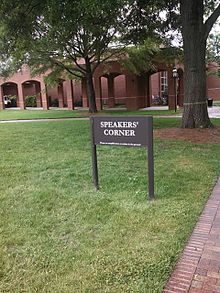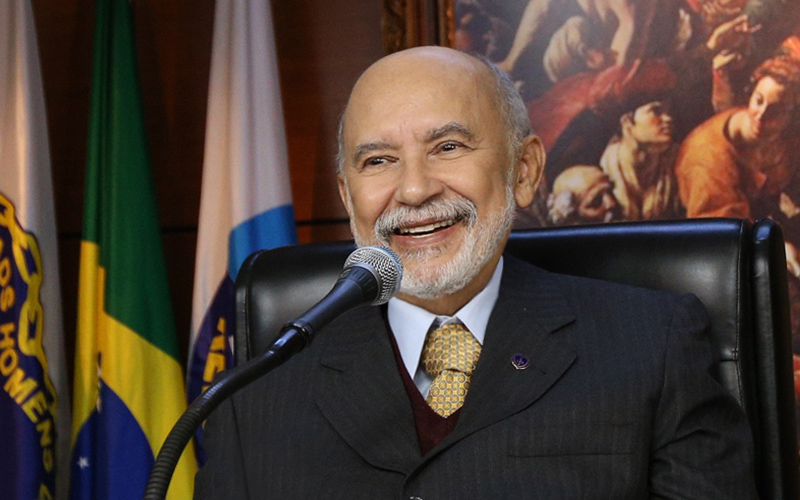
From Brasilia, the capital of Brazil.
Consciousness cannot be privatized by third parties. What one thinks, the result of logical and critical reasoning, can be opinion or science, and both are based on the right or freedom of expression, and it is enough for free movement that the demonstration is not offensive to customs and the law.
There are men who fear joining the feminist cause fearing the angry speech of some women, who, considering themselves exclusive owners of the speaking place against machismo.
I have no doubt that extreme measures are sometimes necessary to act in self-defence. But constant belligerence kills friend and foe under the same fire. It is not smart to fight alone against machism, cause men are secularly empowered.
Some women and men use the theory of the speaking place, intending to create a “reservation of domain” for themselves or their institutions. This ghetto practice, that is, creates walls within which speech, however eloquent, is like a window mannequin. He is human only in appearance.
The change of culture requires that persuasion be massive, that is, only change the general mentality, that everyone convinces everyone and that everyone allows themselves to be convinced of a certain truth, it is that the new paradigms replace the old ones, and the new customs take the place of old and harmful traditions.
After all, we talk a lot about evolution, but it seems that we want some fields to be untouchable. Is that why in the Rajasthan region of India, still today parents have the support of the law to kill their daughters, from birth? Discovered that she is a woman, must be killed! What kind of culture is that! The sad thing is to see so many people praising such customs and traditions as the supreme spiritual evolution.
Speaking place, place of birth, place of origin, all are physical or psychic limits. It is true that every person has a place of origin and a place of birth. The place of birth is a question present in the documents that qualify us civilly. On the other hand, where you come from can be a source of a lot of discrimination.
The State, through its agencies and also the private sector always want to know the city and the state where we come from. This geopolitical identification helps with censuses that have been conducted for social control for millennia. In the 15th century BC, demographic censuses were already registered.
The place of origin has its chic side and its humiliating side. For example, those who appreciate wine know that they are controlled by their place of origin. It is important for the connoisseur to read the label and see if it is French and, if, in France, it is a “Bordeaux”, as it is important to know if it is from Italy or Portugal, etc.
On the other hand, when it comes to people, in Brazil, if you are from the Northeast, you are discriminated against by some fools in the Southeast, as much as if you are Southerners in the United States, you end up always being called redneck, by those who live in some big cities. Sometimes a person’s place of origin acts like the stars that Hitler had placed on the chest of the Jews.
Being open to knowledge can expand our individual perception. How much can the sum of these individual perceptions contribute to improving our environment? Should we put more emphasis on the stratification, ghettoization or universalization of knowledge and our humanity?
If we decide to value “ghettoization”, then it is better to stop criticizing Hitler and accept that he was right, instead of speaking in defense of the “master race”; Better to accept as beneficial the North American stratification, which separates society into whites, blacks and Latinos, each one within his “ghetto”, with permission to walk, but with the freedom that social walls establish and that everyone pretends not to see the dividing line that separates them.
I once passed through a park in London and saw a podium on which was written “Speaking Corner”, which is nothing more than a “place to talk.” I asked a Londoner what was passing by, and he replied that this was a place to speak for anyone with an important message to convey.
That is why I understand that your place and mine should be the defense of the human being and, if you speak with knowledge of the subject, do not be intimidated by anyone who wants to have a reservation of ownership. Those who do this may even have dozens of titles, but, as the dictionary of the Royal Spanish Academy says, “they are donkeys loaded with letters.”
You have an important message to convey to humanity, so speak up!










